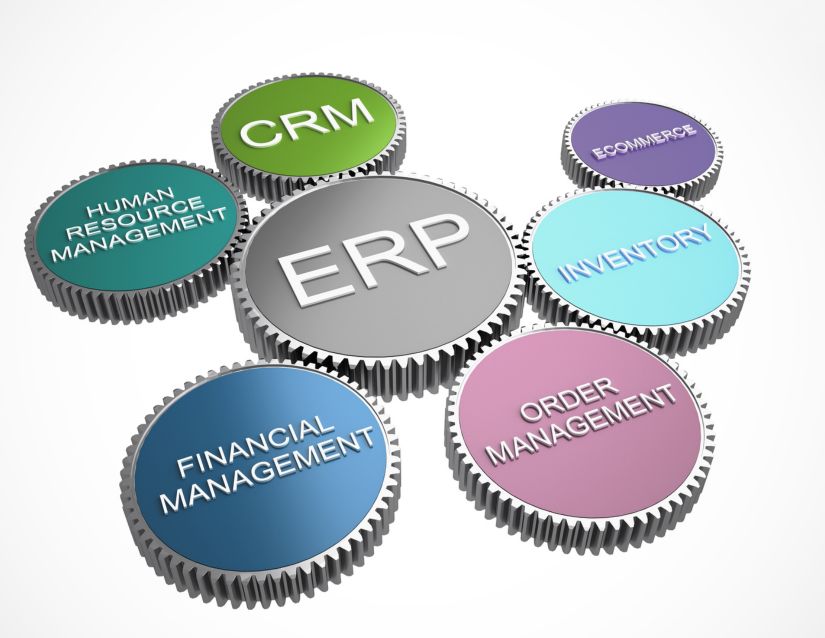Staying ahead of the competition requires more than just hard work—it demands smart work. This is the reason more businesses are unlocking their business potential and leveraging the transformative power of Enterprise Resource Planning (ERP) systems. ERPs have been revolutionizing the way businesses operate. In this column, we delve into the transformative effect that an ERP can have on a business.
1. Streamlined Operations:
One of the key benefits of implementing an ERP system is the streamlining of business operations. ERP consolidates various processes, from accounting and human resources to supply chain and customer relationship management, into a single, integrated platform. ERP’s are not meant to solve ALL issues related to these subjects, but its integration significantly reduces data silos, manual errors, and ensures that information flows seamlessly across departments. The result? Increased operational efficiency and a significant reduction in the time and effort required to manage day-to-day tasks.
2. Real-Time Data Insights:
Real-time data insight may be the most important aspect of an ERP in the 21st century. Knowledge is power, and the faster you have that knowledge the more power you have. Good ERP systems provide businesses with a wealth of real-time data insights. Decision-makers have up-to-the-minute information on sales, inventory levels, production status, and more. This not only facilitates quicker and more informed decision-making but also empowers businesses to adapt quickly to market changes and make strategic choices that drive growth and/or prevent loss.
3. Improved Collaboration:
ERP systems foster collaboration by breaking down communication barriers between departments. With a centralized data repository, employees from different functional areas can access the same information, promoting transparency and collaboration. This improved communication leads to better teamwork, faster problem-solving, and a more agile organization capable of responding effectively to customer inquiries and market dynamics.
4. Enhanced Customer Experience:
Customer satisfaction is paramount, and ERP systems contribute to enhancing the overall customer experience. By providing a comprehensive view of customer interactions, preferences, and purchase history, businesses can tailor their products and services to meet customer needs more effectively. This personalized approach fosters customer loyalty, leading to repeat business and positive word-of-mouth referrals.
5. Scalability for Growth:
An important feature of an effective ERP system is its scalability. As businesses grows, so do their operational needs. ERP systems are designed to scale with the business, accommodating increased transaction volumes, additional users, and new functionalities. This scalability ensures that the ERP investment continues to provide value as the business evolves.
6. Cost Savings:
While the initial implementation cost may seem daunting, ERP systems often result in long-term cost savings. The automation of repetitive tasks, reduction in manual errors, and improved resource allocation contribute to operational cost efficiency. Additionally, the streamlined processes facilitated by ERP systems can lead to savings in time and labor.
In conclusion, with a commitment to adoption by the client and success by the vendor, the transformative effect of ERP systems on businesses is undeniable. From operational efficiency and real-time insights to improved collaboration and enhanced customer experiences, ERP systems have become a necessity for business success. As businesses continue to evolve, those harnessing the power of ERP are not just adapting to change—they are driving it.
Is your business ready to take the next step? Explore the possibilities with MagnifyERP and let us help with your transformation! MagnifyERP is now taking pre-orders for 2024! Contact Us for a demonstration today!

